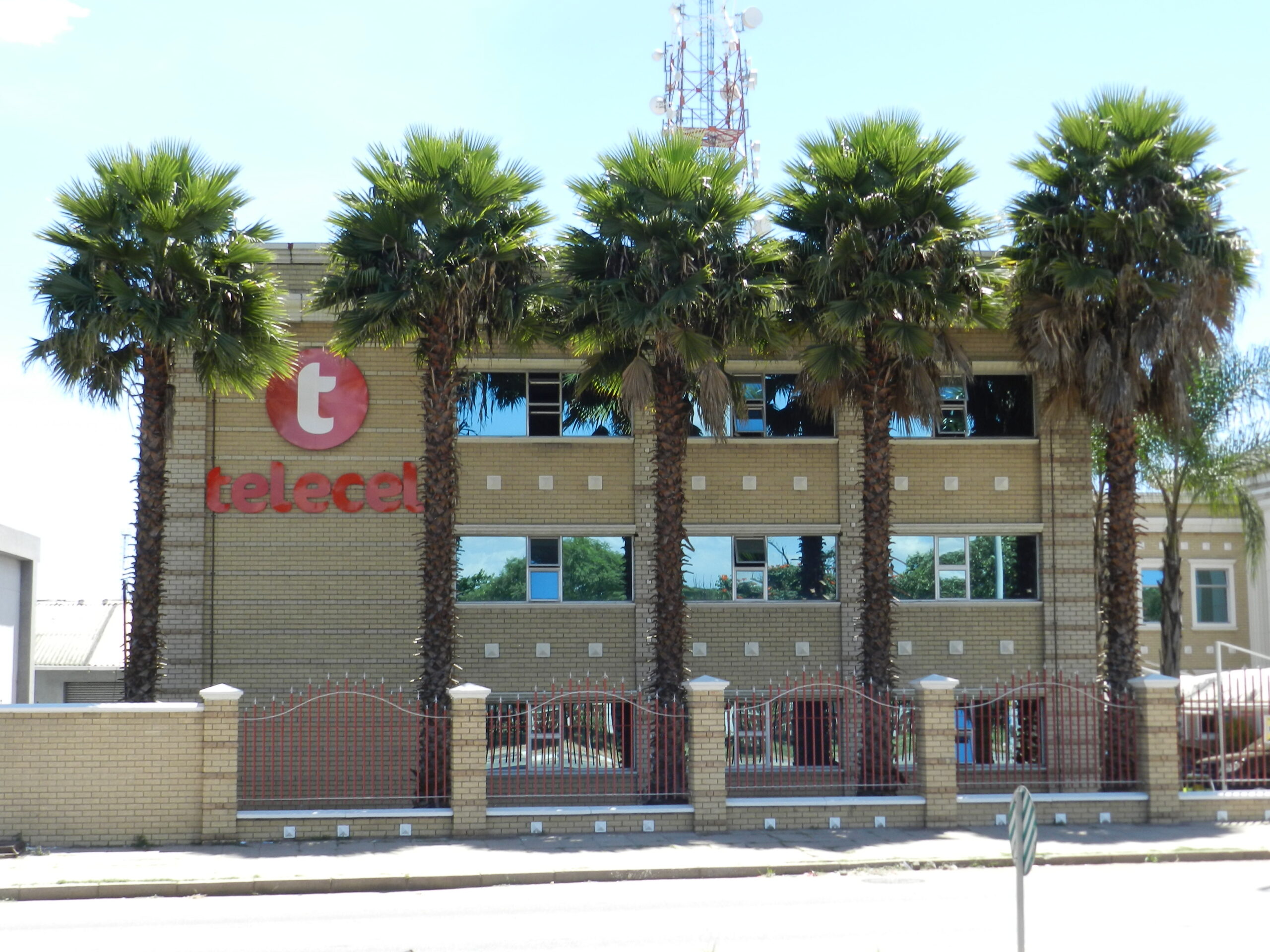Telecel on the brink, market share plunges
TELECEL Zimbabwe, a Government-owned mobile telecoms company is teetering on the brink of collapse following revelations its share of the market has plunged to well below 1 percent across segments.
This comes amid reports the company is facing a financial crisis to finance network modernisation and expansion.
Telecel, which the Government put under the Mutapa Investment Fund, a sovereign fund, needs US$50 million to reboot operations.
Years of under-capitalisation have weakened the company’s balance sheet, threatening its prospects for growth, let alone survival.
After its licence was issued in 1998, as part of efforts by the Government to empower locals, squabbles among local shareholders who had very limited financial muscle and company management issues saw little investment in the company.
Telecel has not been the same company since VimpelCom, a leading international provider of telecommunications services headquartered in Amsterdam, the Netherlands, which indirectly owned 60 percent of Telecel Zimbabwe exited the company in 2015 following a US$40 million sale to the Government.
VimpelCom had been under pressure from authorities to cut its shareholding in line with the country’s indigenisation requirements, which mandated locals to own controlling interest in local companies.
Although another State-owned mobile network operator, NetOne similarly experienced a marked drop in voice traffic market share in the second quarter of this year, which fell by 6,6 percent to 11 percent, it is the situation Telecel finds itself in that’s most worrying situation.
The company has the least number of the country’s 14,739 million total mobile subscribers and the smallest voice and data market shares.
Econet Wireless, founded by Zimbabwean billionaire, Strive Masiyiwa, continues to boss the country’s telecommunications industry market share. It has 10,436 million of the total number of mobile network subscribers in the country, followed by NetOne at 4,017 million and Telecel comes last with a paltry 286,213 customers.
According to the latest quarterly sector report from the Postal and Telecommunications Regulatory Authority of Zimbabwe (POTRAZ), Telecel’s share of all telecoms market segments in Zimbabwe is now miniscule.
The report lays credence to demands by the Communication and Allied Services Workers Union (CASWUZ), which last year unsuccessfully pushed to have Telecel placed under corporate rescue.
Commenting on the firm’s voice call market shares in its 2024 second quarter report POTRAZ said: “ . . . the market share for Telecel continued on a down-trend, as it contracted by 0,47 percent from a market share of 0,60 to 0,13 percent.”
Telecel had the least internet and data traffic market share in the quarter to June 2024, at 0,35 percent.
This segment is dominated by Econet Wireless, which controls 83,74 percent of the market, followed by NetOne at 15,91 percent.
“While NetOne share of mobile data and internet traffic grew 8,8 percentage market share, Econet remained in pole position, commanding more than 70 percent of the market share. ‘Telecel market share remained stagnant, below 1 percent,” POTRAZ.
Asked to comment on the state of the company general manager, Angeline Vere ,referred questions to Mutapa Investment Fund chief executive officer Dr John Mangudya.
“You could also interview the CEO of Mutapa Dr (John) Mangudya, he would shed light,” Ms Vere said.
Dr Mangudya had not responded to questions sent to him by the time of going to print yesterday.
But the former central bank chief is on record saying they are in discussions with other shareholders of Telecel to craft strategies to ensure the company’s survival.
However, Mangudya was quoted in local media as saying the situation at Telecel was true of most companies under Mutapa, which require the injection of fresh capital to inject a new lease of life.
CASWUZ in its failed attempt, as a creditor, to get Telecel under corporate rescue last year claimed the company was always in arrears when it comes to “our dues and the situation has obtained for years”.
“Various attempts to correct this state of affairs failed and our assessment of the situation is that unless something is done now to correct the situation, the company can easily sink into liquidation and that is the situation we want to avoid,” said CASWUZ in a court application filed by its secretary general David Mhambare.
“That the company is financially distressed is not an assumption but a fact that can be cleaned from how it has been operating over the years.
“The situation is not one that the company can be trusted to remedy on its own
within six months. It is in dire need of resuscitation for it to be able to operate as a going concern.”
CASWUZ argued that putting Telecel under corporate rescue was ideal, as it would put the company in a situation to rehabilitate, obtain a moratorium from the execution of judgments by litigants, develop and implement a sound corporate rescue plan that secures the rights of all creditors and preserve value for shareholders.
It argued Telecel was technically insolvent, meaning the total value of its liabilities exceeded its assets.
The union claimed that Telecel was teetering on the verge of collapse as shown by summons, notifications of garnish, and letters of demand sent to it by various creditors.-businessweekly










